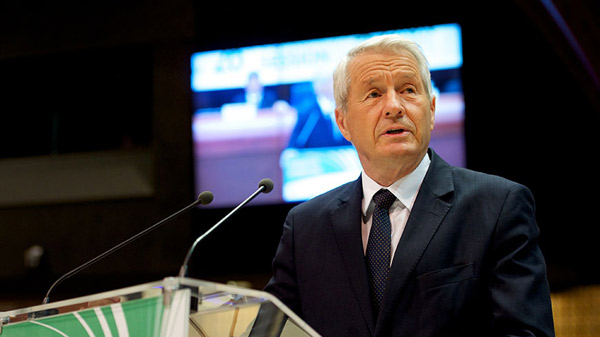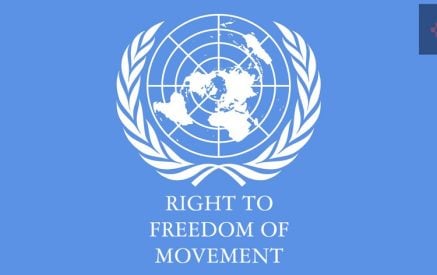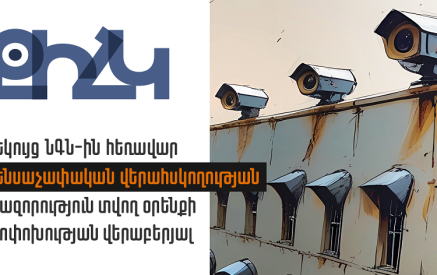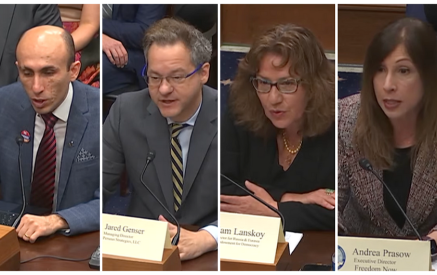Strasbourg, 27.04.2016 – Human rights, democracy and security are threatened across the continent, according to the latest annual report from the Secretary General of the Council of Europe, Thorbjørn Jagland.
“Europe is currently struggling with many serious challenges, including terrorism, migration and conflict. This is being successfully exploited by nationalists and populists in many places, and trust in national and European institutions is dwindling,” said the Secretary General.
“At the same time, we still see many important gaps in the laws and practices that our member states have in place, and basic human rights including free speech, freedom of assembly and the right to privacy are increasingly being restricted.
“This is not only wrong – it is also dangerous. If we don’t stand by our democratic principles and tackle our problems while fully respecting human rights then the situation will only get worse.”
Read also
The independence and impartiality of justice systems in Europe is a significant focus of the report, which highlights political interference, corruption and the non-enforcement of judicial decisions among the areas of concern. Moreover, the Secretary Jagland observes a “dangerous trend towards legislative nationalism” as states initiate laws which risk contravening international standards, notably in relation to the treatment of migrants and refugees.
The report also underlines that almost half of the 47 Council of Europe member states do not satisfactorily guarantee the safety of journalists, pointing out that the situation has deteriorated in the last year with an increase in physical attacks and the destruction of property.
Media diversity is considered to be unsatisfactory in 26 member states and concerns were highlighted over interference in media content. Freedom of expression on the internet is another key area of concern.
The report contains examples from the member states and a series of proposed Council of Europe initiatives including a new action plan on the independence and impartiality of the judiciary, a set of common standards for member states on the blocking and filtering of internet sites and plans to ‘codify’ existing international standards, good practices and guidance relating to mass surveillance.
It also makes recommendations concerning integration and the protection of vulnerable groups and human rights defenders.























































